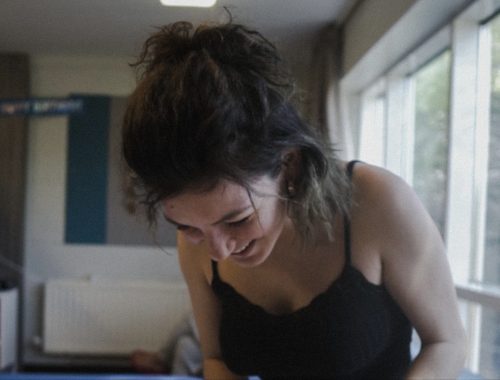A Stimulating Simulation
Interviews huh… Nobody likes them, at least I don’t think anybody sane actually likes doing them. Even when you’re at the top of your game, prepared and ready, there is ALWAYS some sort of curveball that is thrown your way that completely takes you by surprise. But sure, they have to be done. I’ll be using the Gibb’s Reflective Cycle (Gibbs) and will of course have a little bit of help from How to improve your critical thinking & reflective skills (McMillan, Weyers) to help me chat about this one. Here’s how my simulated interviews went.
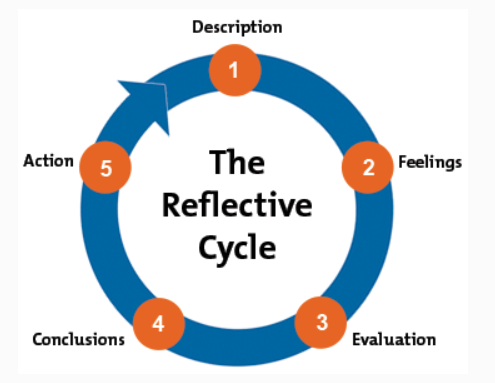
Preparation
It may seem obvious, but you can’t have an interview without something to interview for. The initial prep meant that I had to find a job that I would be interested in applying for.
After a quick trip to Indeed, I found EXACTLY what I was looking for.
Job Title: Videographer/Film Maker (sounds professional).
Location: Bradford (I have a family there).
“This is the perfect job for an individual who has an innovative and creative side” (Always forward thinking I am, sure).
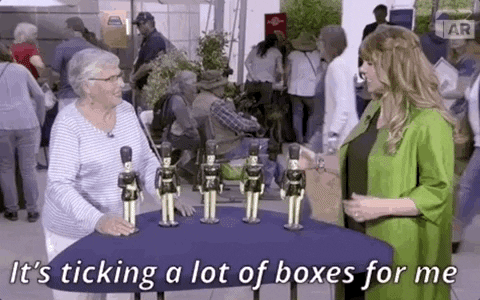
Having looked at the required skills and the key duties of the job, I was actually half considering applying. It sounded right in my wheelhouse with the added benefit of being near my family. A quick copy and paste later and I had sent my choice of job over to my group for the interviews, where my downfall, (a tad dramatic, I know) was pending.
I’ve got chills… they’re multiplying…
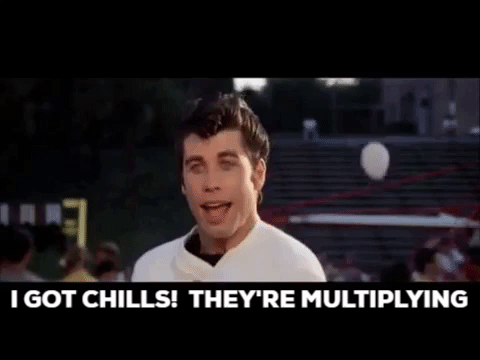
The day of the interviews came, and I was as happy as Larry, whoever Larry is, walking into the interviews but then the fight or flight kicked in. Even though the people interviewing me were my friends, it wasn’t easy getting into the interview hot seat. It felt like I was fighting the final boss in a video game with no health items. Sheer panic.
Despite these sudden nerves, I got myself into a good mind frame and the interview went really well. I did stumble a bit over remembering the name of a video editing software that I have experience with.
Even the question, “tell me about yourself?” didn’t take me out. I took a few tips from Job Interviews for Dummies which has a section on this question. I found this piece incredibly useful. “memorize a short description of your background (education, experience, and skills) that matches your strengths to the job.” (Kennedy).

But I was in my element, and nothing was going to take me out of it, or so I thought…
The dreaded question that would break me down into a million pieces.
“So, as you know, the company specialises in producing cars, where does your interest in creating content about cars come from?”
I didn’t realise this was a company that specialises in cars. I have no interest in cars. Why did it have to be about cars? Cars, the legendary animated Pixar film, that could work… but actual cars? No interest. However, despite this crucial mistake in not fully researching the company, I held my own quite well. I came up with a solid answer about how I wanted to diversify and improve my skills on shooting fast moving objects and it seemed to go down well. Thankfully.
Just thinking about things
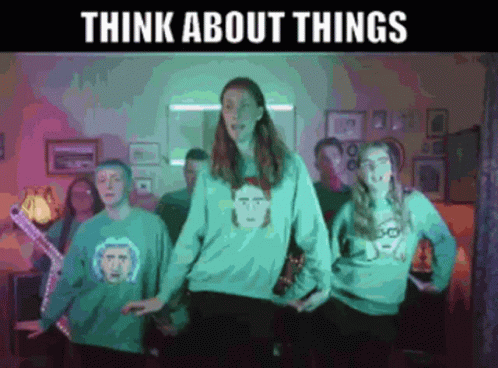
Although that question threw me, and I’d been nervous going into the interview. Ultimately it went brilliantly. At the time, I felt confident that I’d done well on my own self-reflection and when I got the feedback from my group, I felt even better. McMillan and Weyers also helped me really understand the important of reading the feedback and actually thinking about it.
“The comments in your feedback should give you constructive direction for later efforts and are designed to help you to develop the structure and style of your work, as well as encourage you to develop a deeper understanding of the topic. Where students ignore points, especially those about presentation or structure, then they may find themselves heavily penalised in later submissions.”
Through using the STAR technique (RightAttitudes), my group members picked up that I provided good content and listened to the questions before answering, reflected and related past experience and skills into why I would be suitable for the job and presented myself well with confidence throughout the interview.
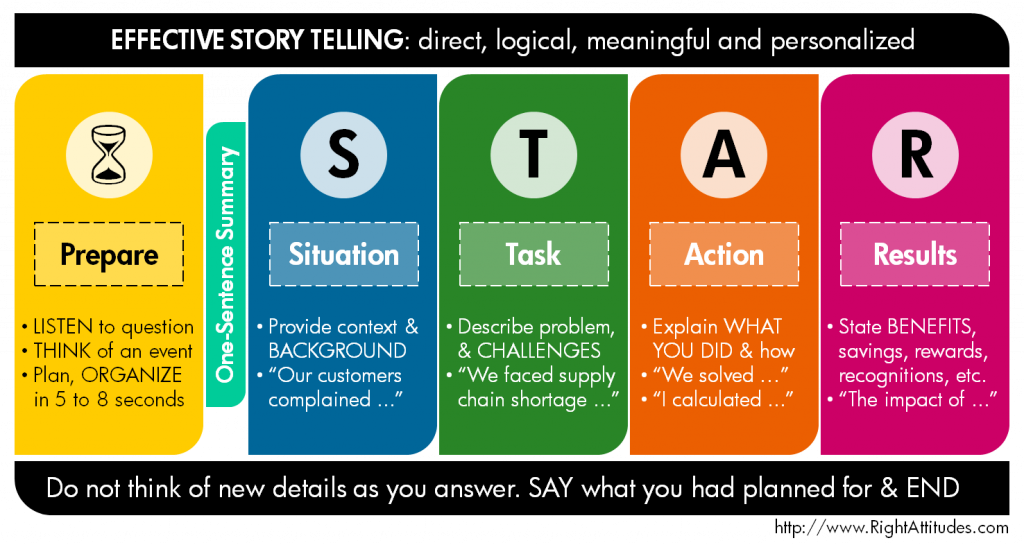
My future job won’t be as a researcher anyway…

Even with my preparation for the interview. I hadn’t prepared enough or as thoroughly as I should have, and even though I answered the question about the company and saved myself, I wouldn’t have even been in that position had I looked a bit closer at the job description and then the company’s website.
However, everything in life is a learnable opportunity (You can quote me on that). I understand more now just, how important it is to adequately research every aspect of a job prior to an interview. Making this mistake now in a simulated interview, means that I’m likely not to make the same mistake again in an actual interview.
Action and Reaction

My biggest flaw to reflect on here was my lack of in-depth research, so moving forward, I need to make sure that I focus on every aspect of the job brief and company leading up to the interview. Even though I ended up displaying good use of reacting to and answering a question that I wasn’t prepared for (which could always happen regardless of my preparation), the chance of being taken off guard is a lot higher with more planning and forethought.
As the old adage goes, “to fail to prepare is to prepare to fail”.
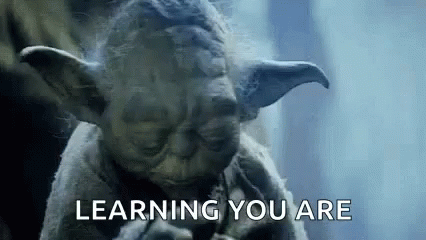
References
Belludi, N., Use The STAR Technique to Ace Your Behavioral Interview – Right Attitudes. [online] Right Attitudes. Available at: <https://www.rightattitudes.com/2008/07/15/star-technique-answer-interview-questions/>
Kennedy, J., 2012. Job interviews for dummies. Hoboken, N.J.: Wiley.
Gibbs G (1988). Learning by Doing: A guide to teaching and learning methods. Further Education Unit. Oxford Polytechnic: Oxford.
McMillan, K. and Weyers, J.(2013) How to improve your critical thinking & reflective skills. Harlow: Pearson.
You May Also Like

So You Want To Be A Teacher?
17 February 2022
When the BBC thinks you live in the Atlantic – My Simulated Interview
17 February 2022